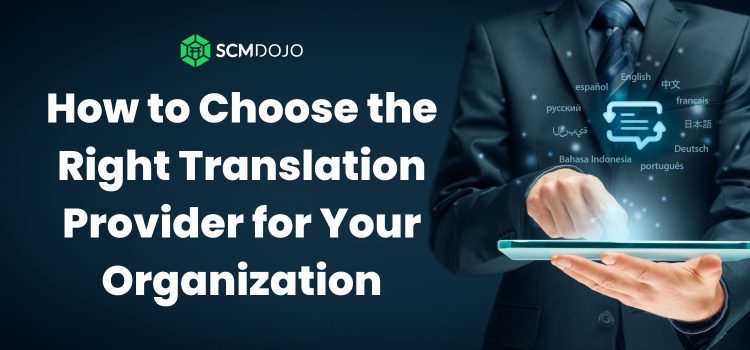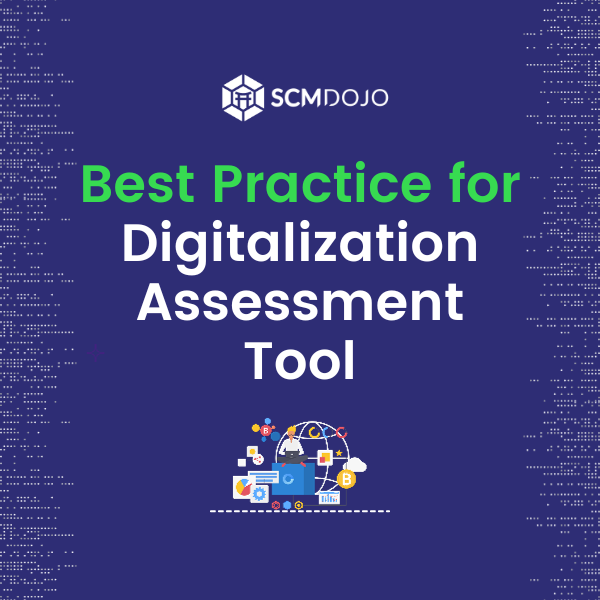To thrive in global markets, effective communication is paramount. One of the key elements of successful communication is accurate and culturally sensitive translation. Whether you’re launching a website, localizing marketing materials, or expanding operations overseas, choosing the right translation provider for your organization is crucial.
In this blog post, we will explore the essential factors to consider when selecting a translation provider that aligns with your organization’s needs and objectives.
Understand Your Translation Needs
Before embarking on the search for a translation provider, it’s vital to have a clear understanding of your organization’s specific translation requirements. This entails knowing which languages you need to translate into, the volume of content to be translated, the subject matter, and any specific industry or cultural nuances that may apply. Having this knowledge upfront will help you narrow down potential candidates who can meet your unique needs effectively.
Quality and Accuracy
Translation quality and accuracy are non-negotiable factors when choosing a translation service. A poorly translated document can have severe consequences, ranging from a tarnished brand reputation to potential legal issues. Therefore, it is crucial to ensure that the translation provider you select has a robust quality assurance process in place. Look for providers who employ professional translators with subject matter expertise and preferably those who are native speakers of the target language. Additionally, inquire about the company’s quality control measures, such as proofreading, editing, and review procedures.
Industry Experience and Specializations
Every industry has its own jargon, terminology, and unique challenges. When evaluating translation providers, consider their experience in your specific industry. A provider with a proven track record in your sector is more likely to be familiar with industry-specific terminology, ensuring greater accuracy and efficiency in the translation process. Whether it’s legal, medical, technical, or marketing content, finding a provider with relevant specializations can make a significant difference in the success of your global ventures.
Technology and Tools
In today’s fast-paced digital landscape, translation technology plays a pivotal role in ensuring speed and consistency. Ask potential translation providers about the tools they use to manage translation projects, such as Computer-Assisted Translation (CAT) tools, Translation Memory (TM) systems, and terminology databases. These tools not only improve translation efficiency but also aid in maintaining consistency across all your translated content. However, while technology is essential, don’t overlook the importance of human touch and the expertise of professional translators in producing high-quality translations, especially when dealing with healthcare and medical translation services.
Turnaround Times
Time is of the essence in today’s competitive global market. Your chosen translation provider should be able to meet your deadlines without compromising on quality. Discuss your project timeline with potential providers and ensure they have the resources to handle your volume of work within the required timeframe. A reliable translation partner should be responsive and flexible enough to accommodate any urgent or last-minute requests that may arise.
Confidentiality and Data Security
The information you share with your translation provider may contain sensitive data, proprietary information, or personal details of customers and employees. Ensuring the confidentiality and security of your data is paramount. Before finalizing an agreement, inquire about the translation company’s data protection policies, confidentiality agreements, and any measures they have in place to safeguard your information.
Cultural Competence
Translation is not just about converting words from one language to another; it involves bridging cultural gaps to convey the intended message accurately. A culturally competent translation provider understands the subtle nuances and cultural sensitivities of the target audience. This competence ensures that your message is not only translated accurately but also resonates with the cultural context of your global markets.
References and Reviews
Before making a decision, seek feedback from the translation provider’s previous clients. Reviews and testimonials can provide valuable insights into the provider’s strengths, weaknesses, and overall customer satisfaction. Additionally, ask the potential provider for references from clients who have similar translation needs to yours, as this will give you a better understanding of how well they can cater to your specific requirements.
Cost and Value
While cost is undoubtedly a significant factor, it should not be the sole determining factor in choosing a translation provider. A low-cost option may compromise on quality or lack the necessary resources and experience to handle complex projects. Instead, focus on the value a provider can offer. Look for a balance between competitive pricing and high-quality services that align with your organization’s budget and long-term goals.
Customer Support
Effective communication and support are crucial throughout the translation process. A reliable translation provider should have a responsive and attentive customer support team that addresses your queries and concerns promptly. The ability to establish clear lines of communication and build a strong working relationship with the provider will contribute to a smooth and successful collaboration.
Wrap up
Selecting the right translation provider for your organization is a critical decision that can significantly impact your global success. Don’t hesitate to invest time and effort in researching and comparing different providers, as finding the perfect match will lead to seamless communication, enhanced brand reputation, and increased opportunities in international markets. Remember, when it comes to translation, precision, and cultural relevance are the keys to unlocking global success.






